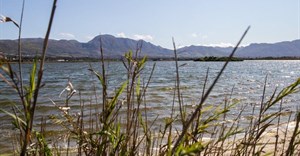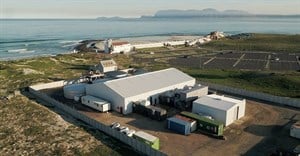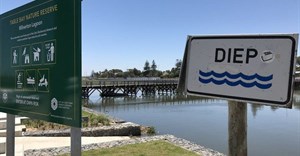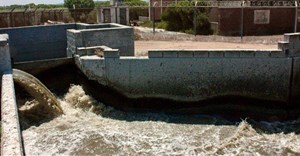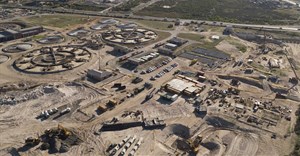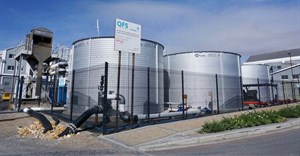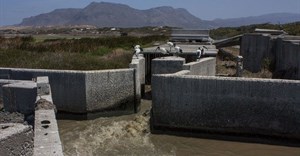Trending




 Does anyone know what content is any more?Justine Drake
Does anyone know what content is any more?Justine Drake
Elections 2024
CoCT to double capacity of Potsdam wastewater treatment plant
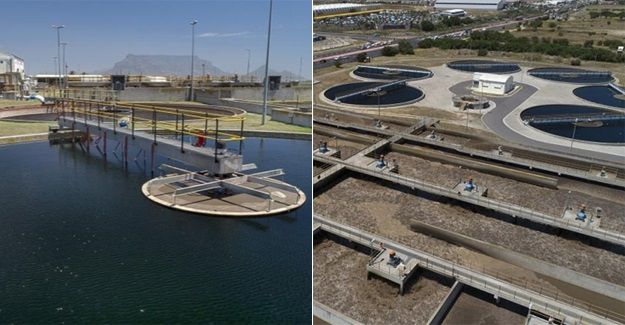
The tender for the professional services for the engineering designs for the capacity upgrade, estimated at some R35m, has already been awarded and is currently going through a public participation process as the project will go beyond three financial years. Further tenders to complete the major capital infrastructure projects will be issued in later years and will cost an estimated R800m. The project will expand the plant's capacity to treat wastewater, and to disinfect and treat sludge, among others.
Ecologically sensitive area
This treatment plant is incredibly important as its western boundary borders the Diep River into which treated effluent is discharged. The site is situated in the vicinity of the ecologically sensitive Rietvlei Nature Reserve and Milnerton Lagoon. It is therefore important to ensure that there is sufficient capacity to deal with urban expansion in an environmentally sustainable manner as a key component of this project.
In addition, with the emphasis on the diversification of the city’s water resources to cater for growing demand as well as to reduce reliance on rainwater, treated water will become increasingly important as the city moves toward becoming a more water-sensitive city.
Environmental authorisation has already been granted for this capacity upgrade which sets strict parameters that the city must adhere to. In terms of the authorisation, the Record of Decision requires that membrane technology is used as the treatment technology to ensure that the highest quality of effluent is discharged into the environment and/or reused as the case may be. The spatial constraints of the site further require careful planning, especially with respect to the location of the future 53 million litres per day membrane biological reactor facility.
This will be the third capacity upgrade that the city has undertaken for this plant, with previous work having been done in 1997 and 2008. The tender for the latest upgrade was advertised in March 2017 and went through a public participation process.
Supporting growth of economic sectors
"This is an incredibly important project that will ensure that the quality of water flowing out of the plant and into the environment is not degraded as a result of the growing volumes it needs to process. Expanding this facility is necessary in the interest of safeguarding public health and the environment, but will also support the growth and functions of certain economic sectors such as industry, agriculture, fisheries, and tourism among others.
"Similarly, we are also set to embark on a capacity upgrade of our Zandvliet plant in the Macassar area to ensure that we respond to rapid population growth and to ensure that public and environmental health is protected. It is important that we support growth in a responsible manner," said the city’s mayoral committee member for informal settlements, water and waste services; and energy, Councillor Xanthea Limberg.
"As we also stated repeatedly while we were in the throes of the extreme drought, water reuse is a key component of our longer-term plans to enhance Cape Town’s water security as our population grows and as the demand for irrigation water increases. We cannot afford to waste our resources and must use such opportunities to build a resilient and water-sensitive future for Cape Town. Water reuse and investing in facilities such as the Potsdam plant is absolutely vital."

